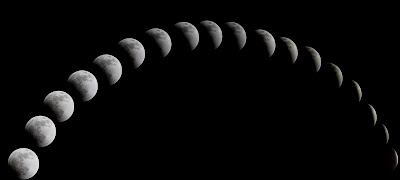Reading Notes: Nigeria Part B
I have loved the stories from this unit! These stories come from Folk Stories From Southern Nigeria by Elphinstone Dayrell. These folk stories are interesting because the tend to tell a story of why something is the way it is today.
The first one I read, The Lightning and the Thunder was an a story about a mother sheep (thunder) and her son (lightning). This story explained why there is thunder and lightning and why it all occurs in the sky. This story might be one that I choose to rewrite with other characters.
I enjoyed The Affair of the Hippopotamus and the Tortoise. This story explained why the hippo lives in water. I would enjoy writing a story that explains why something is the way it is today.
A lot of these stories involve a Hippopotamus, so when I write my story this week, I believe that I will use Hippos. I am not sure what reason I am going to try to explain via folktale, but I do know that hippos will be involved.
Another story that I enjoyed was Why the Moon Waxes and Wanes.
By reading all the stories in this unit, I have a better idea of how to construct a folk tale that explains something that we are used to today.
The first one I read, The Lightning and the Thunder was an a story about a mother sheep (thunder) and her son (lightning). This story explained why there is thunder and lightning and why it all occurs in the sky. This story might be one that I choose to rewrite with other characters.
I enjoyed The Affair of the Hippopotamus and the Tortoise. This story explained why the hippo lives in water. I would enjoy writing a story that explains why something is the way it is today.
A lot of these stories involve a Hippopotamus, so when I write my story this week, I believe that I will use Hippos. I am not sure what reason I am going to try to explain via folktale, but I do know that hippos will be involved.
Another story that I enjoyed was Why the Moon Waxes and Wanes.
 |
| Moon Cycle Source: Pixabay Images |
By reading all the stories in this unit, I have a better idea of how to construct a folk tale that explains something that we are used to today.

Comments
Post a Comment